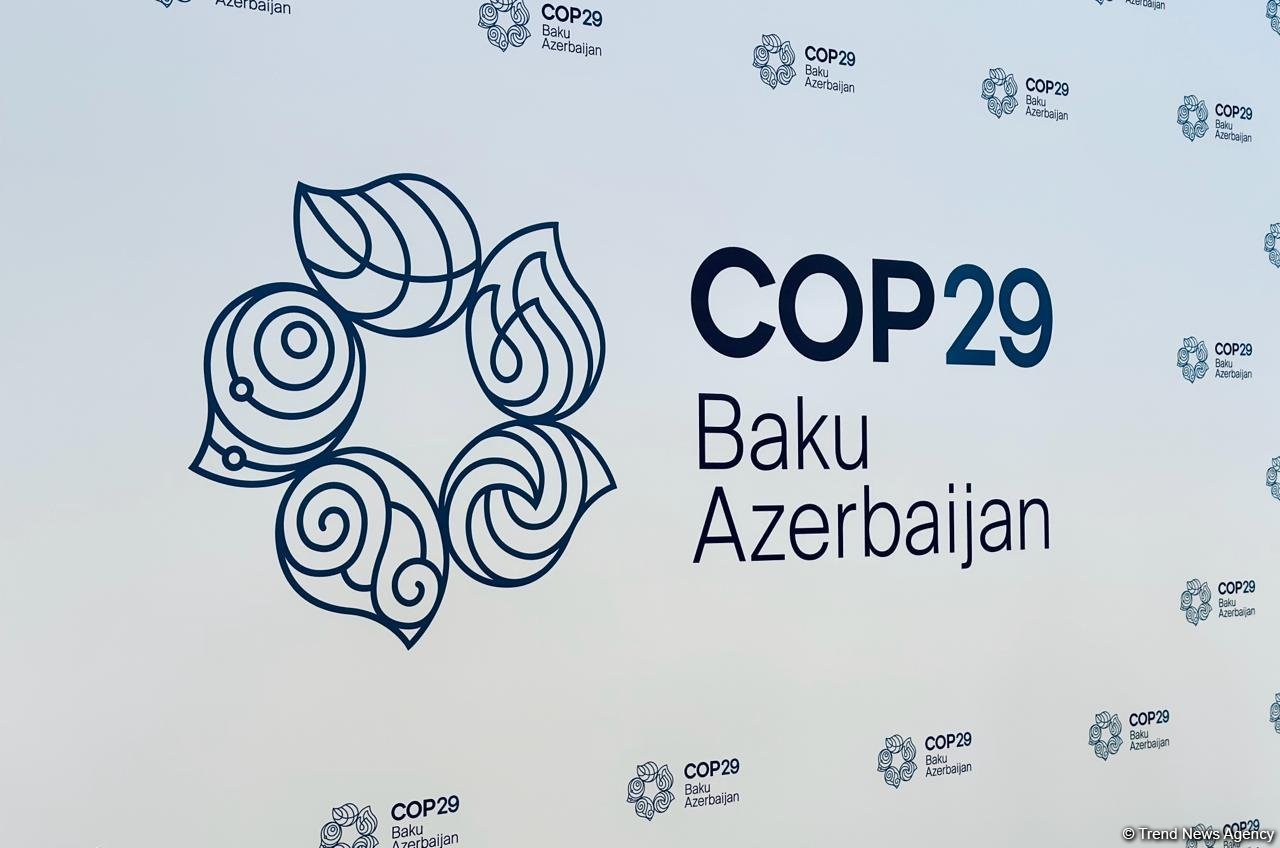BAKU, Azerbaijan, August 22. In the face of global climate change, countries around the world have joined forces to tackle this uphill battle, which not only puts the environment at stake but also hangs humanity by a thread. Over the past decades, the international community has jumped on the bandwagon and embraced several key documents aimed at cutting down on greenhouse gas emissions and putting the brakes on global warming.
The first big leap forward was the Kyoto Protocol, which was given the green light in 1997 under the UN Framework Convention on Climate Change (UNFCCC). This document put the ball in the court of industrialized countries to cut down on their greenhouse gas emissions by an average of 5.2 percent from 1990 levels between 2008 and 2012.
Despite considerable efforts, the Kyoto Protocol fell short in fully addressing climate change, as it did not include developing countries and lacked long-term mechanisms to achieve sustainable results.
Paris Agreement: a new phase in the fight against climate change
In 2015, the UN Climate Change Conference in Paris saw the adoption of the Paris Agreement, a landmark document that marked a new milestone in international climate negotiations. Unlike the Kyoto Protocol, the Paris Agreement commits all countries, regardless of their economic development, to reducing emissions and adapting to climate change.
The primary goal of the Paris Agreement is to limit global warming to well below 2 degrees Celsius above pre-industrial levels, with aspirations to limit it to 1.5 degrees Celsius. To achieve this, countries have committed to developing and implementing Nationally Determined Contributions (NDCs), which include specific measures to reduce emissions and adapt to climate change. These plans are to be updated every five years, reflecting countries' progress and capabilities.
Furthermore, the Paris Agreement emphasizes the mobilization of financial resources to combat climate change, with a target of allocating $100 billion annually to developing countries starting in 2020. These funds are intended to support actions in climate change mitigation and adaptation.
Implementation and follow-up of the Paris Agreement
Following the adoption of the Paris Agreement, countries began actively developing and implementing national programs to reduce emissions and adapt to climate change. Annual conferences of the parties to the UNFCCC, such as COP26 in Glasgow, review the progress made and outline new steps to achieve the goals. In 2021, COP26 resolved to update nationally determined contributions to incorporate new evidence on climate risks and progress.
A crucial aspect of the Paris Agreement has been the active involvement of the private sector, which has also committed to reducing emissions and investing in clean technologies. Companies worldwide are adopting sustainable practices, developing new solutions for transitioning to a carbon-neutral economy, and providing financial support for climate initiatives.
However, despite pulling out all the stops, tackling climate change is still an uphill battle. The rate of global warming is still off the charts, and the global community will need to kick it up a notch to meet the Paris Agreement's goals.
In this context, at the forthcoming climate summits, nations will need to show concrete outcomes and figure out how to end the global catastrophe.
The good news is that during COP29 in Baku, the topic of ponying up $150 billion will be on the table.
To note, this November, Azerbaijan will host COP29. This decision was made at the COP28 plenary meeting held in Dubai on December 11 last year. Baku will become the center of the world and will receive about 70–80,000 foreign guests.
The United Nations Framework Convention on Climate Change is an agreement signed at the Earth Summit in Rio de Janeiro in June 1992 to prevent dangerous human interference with the climate system. COP - the Conference of the Parties - is the highest legislative body overseeing the implementation of the Framework Convention on Climate Change. There are 198 countries that are parties to the Convention. Unless the parties agree otherwise, the COP is held annually. The first COP event took place in March 1995 in Germany's Berlin, with its secretariat in Bonn.
Stay up-to-date with more news at Trend News Agency's WhatsApp channel







